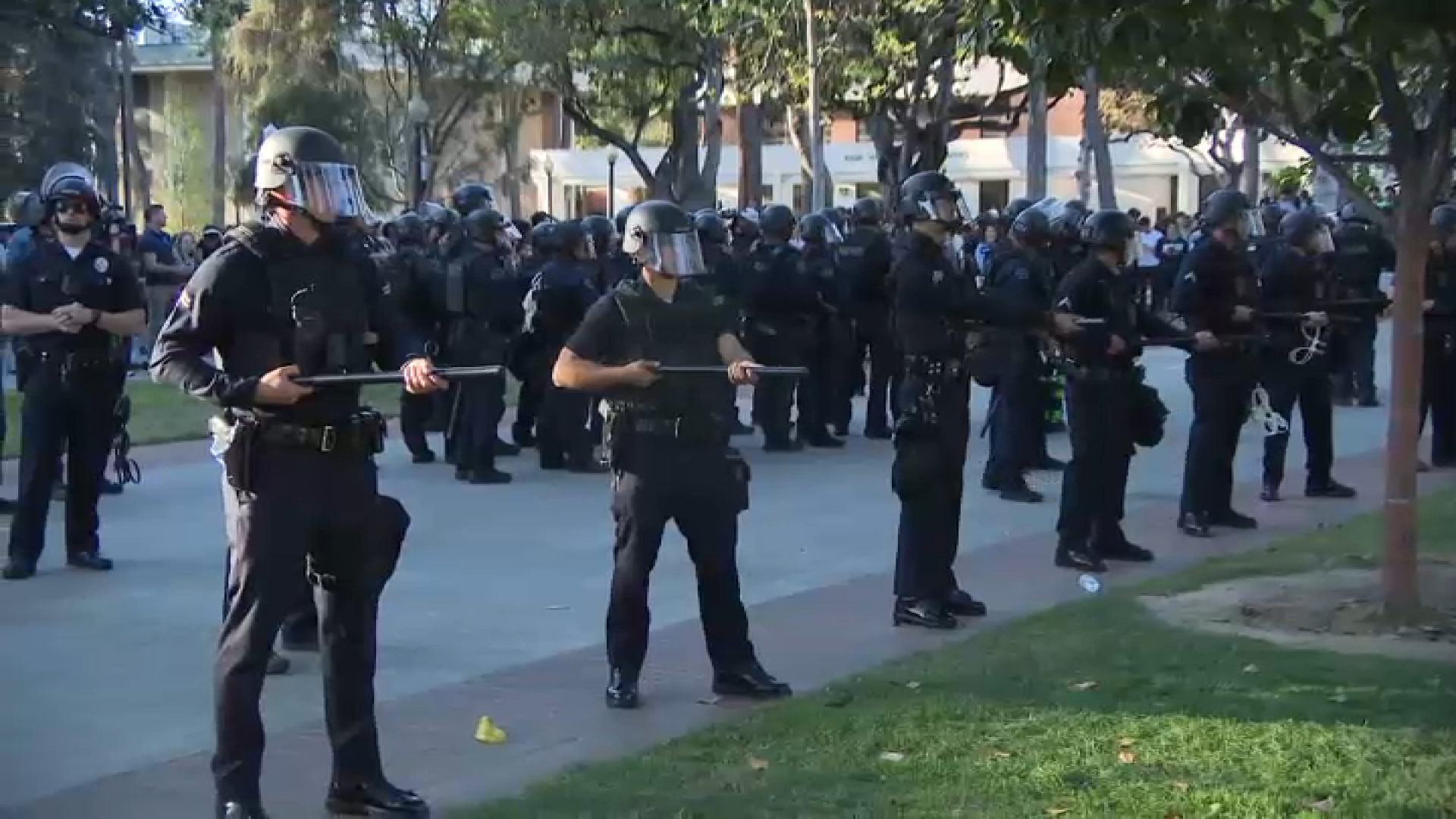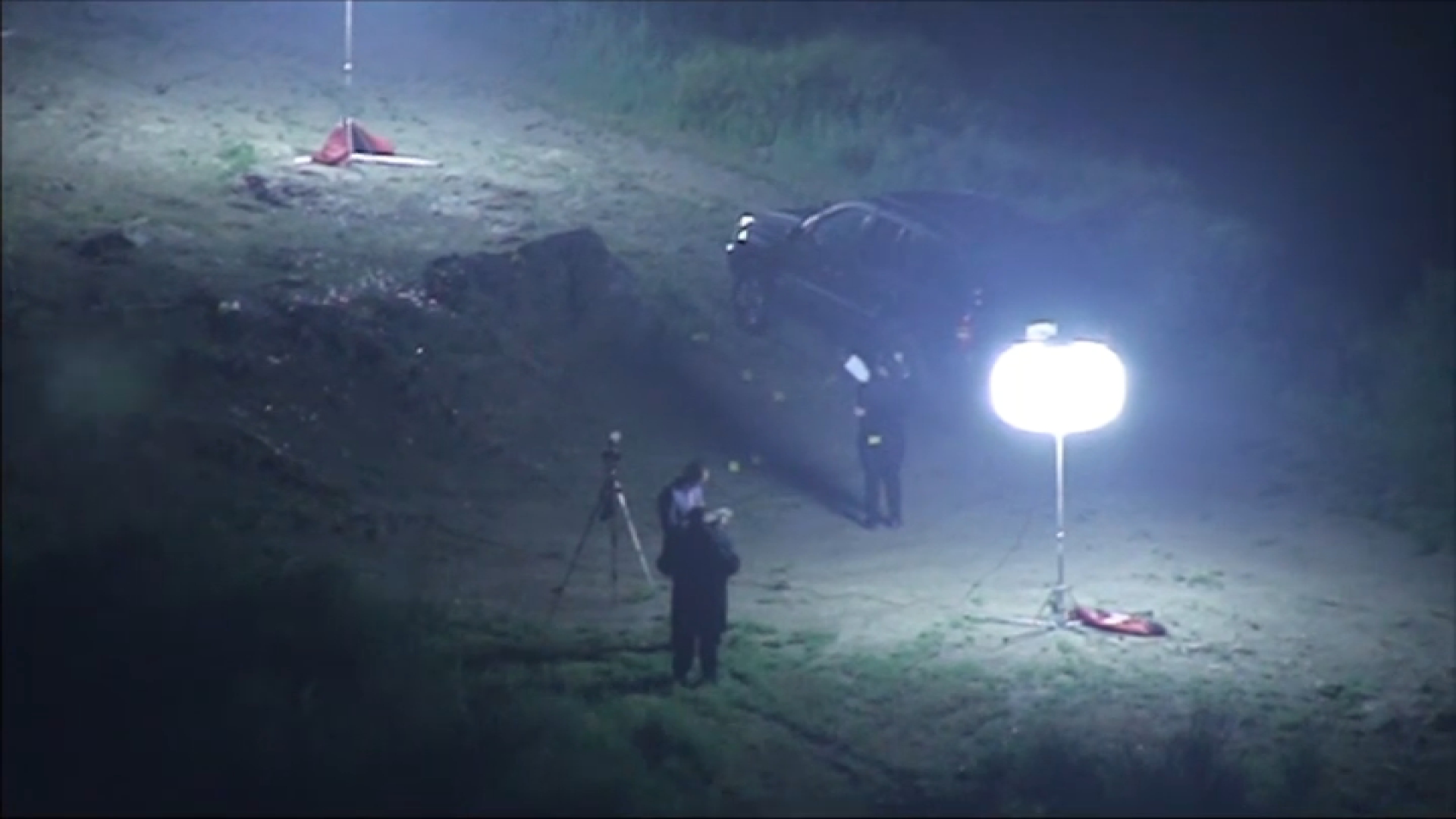That your immune system may "recognize" a virus it had never previously encountered is one of the stunning implications of a growing body of research from which may come ways to lessen COVID-19's impact and spread.
The revelations are emerging in research on the interactions of immune system T-cells, some of which adapt to responding to specific viruses, and SARS-CoV-2, the newest identified member of the coronavirus family that also includes four of the viruses known to cause the common cold.
"Understanding how T-cells work to prevent someone from getting seriously ill is obviously very important for something like vaccine development and potentially for treatments as well," sad Otto Yang, MD, associate chief of infectious diseases at the David Geffen School of Medicine at UCLA.
Recent research on three continents indicates that some T-cells in some persons respond to SARS-CoV-2 almost as if they had previously encountered the novel virus.
T-cells recognize sequences of proteins on the surfaces of viruses. It turns out the COVID-19 virus is similar enough to other corona viruses--including the common cold--that T-cells encounter some of the same sequences, leading to what is called cross-reaction.
"About 50% of people have immune memory from those common cold infections that can cross-react against SARS-2," said Prof. Shane Crotty, Phd, of the La Jolla Institute of Immunology, which has already published research findings.
The big question is whether that cross-reaction helps the infected person's response to COVID-19. "And that's what we're working on right now," said Crotty collaborator Prof. Alessandro Sette, Dr. Biol. Sci.
Local
Get Los Angeles's latest local news on crime, entertainment, weather, schools, COVID, cost of living and more. Here's your go-to source for today's LA news.
In certain cases, cross-reaction can have a negative impact, cautioned Dr. Yang, by in effect distracting the body's response by steering it back to the old threat, not the new one.
But unanswered questions have not throttled speculation that T-cell memory explains at least in part the disparate impact of COVID-19, a deadly pandemic that has killed three quarters of a million people worldwide, and yet many infected develop only mild symptoms, and in some cases, none at all.
The issues have gotten increasing attention from mainstream media, including an article in the New York Times.
Some have expressed hope that memory T-cells can provide immunity, and thereby hasten the spread of herd immunity and effectively stop COVID-19 spread even before a vaccine. But this is seen as unlikely by UCLA's Dr. Yang as well
as the La Jolla team.
"The more likely hypothesis we like to entertain is you have a little bit of a head start because of this memory T-cell," said Dr. Sette.
Dr. Yang has begun a study looking at T-cell responses in patients who have recovered from COVID-19, "to better understand what responses might have helped them recover." Next would be studies of patients currently hospitalized, quantifying the T-cell responses and looking for correlation with the course of the disease.
Prodded to share his hopes, Dr. Yang foresees the possibility of a treatment to "modulate" T-cell response so as to increase effectiveness against COVID-19, and also a T-cell focused "vaccine" that likely could not prevent infection--the goal of an antibody vaccine--but would limit its severity.
In the meantime, these three medical scientists on the leading edge of T-cell research do not see it in the near term as reason to change public health policy or pandemic response.
So many long for protection to replace precautions, but consensus is it has not yet arrived.



